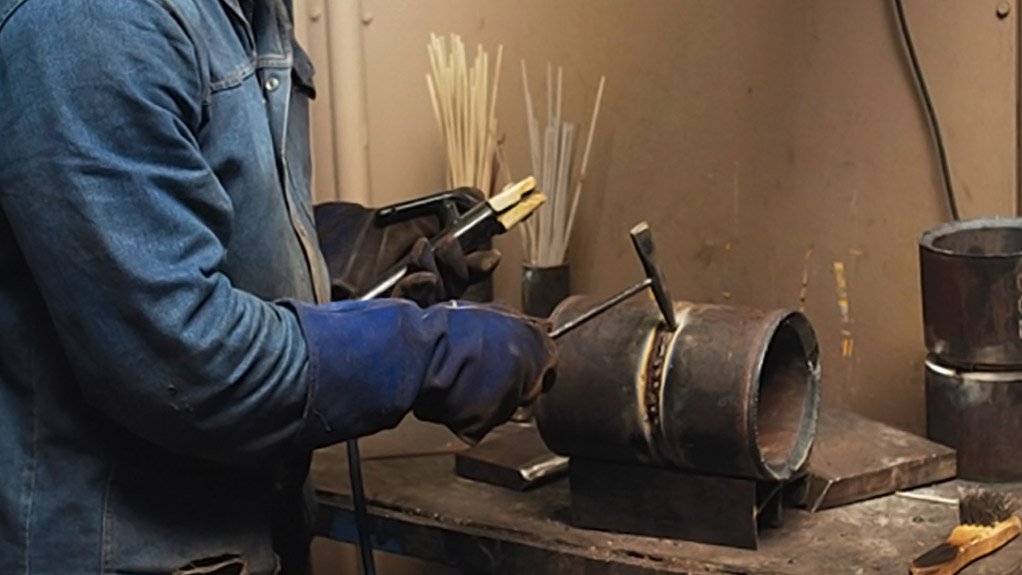South Africa’s Business Confidence Index (BCI), as measured by the Bureau for Economic Research (BER) and Rand Merchant Bank (RMB), slipped two index points to 49 in the first quarter of the year, revealing mixed perceptions of the current business environment by those in the building, manufacturing, retail, wholesale and motor trade sectors.
BNP Paribas economist Jeffrey Schultz ascribed the deterioration in confidence to the production-led sectors of building – which slipped from 66 points in the prior quarter to 49 points in the first three months of the year – as well as manufacturing, which declined from 42 to 30 points over the same period.
“A petering out of residential building activity, along with lower momentum growth in the manufacturing sector’s domestic order book, were largely to blame here,” he commented.
The positive impact of the lower petrol price and falling inflation on sales volumes were, meanwhile, believed to have lifted the spirits of respondents in consumer-related sectors over the quarter, while load-shedding and other constraining factors depressed confidence among respondents doing business on the production-side of the economy.
“The index essentially remaining flat in the first quarter doesn't necessarily mean that things have been static below the surface. In fact, the latest survey results show quite the opposite, as in recent months, there have been clear winners and losers from the current happenings in the economy.
“A consumer theme of sorts is re-emerging to the benefit of certain retailers and wholesalers, as well as new-vehicle dealers. This is just as well, as such service-oriented sectors are less energy intensive than manufacturing, which is a loser in the context of current electricity shortages and muted global trade, which continues to hamper exports,” RMB chief economist Ettienne le Roux said in a statement.
Looking more closely at the figures, retail confidence bounced back from 55 to 60 index points in the first quarter to reach the same level that prevailed in mid-2014.
Although growth in retail sales volumes maintained a steady pace, below the surface, a “clear” rotation took place in the first quarter.
Dealers of semidurable and nondurable goods selling mainly to low-income earners and on credit, no longer seemed to be the best performers.
“In both cases, growth in sales volumes slackened, as did growth in the volumes of orders placed,” said Le Roux.
In contrast, retailers serving high-income earners, in general, and offering durable goods, in particular, were now outperforming.
“What's more, the latter group of respondents expect business conditions to improve further in 2015,” he commented.
New-vehicle dealers saw trading conditions improve in the first quarter of the year, with sales growing “noticeably” and lifting sentiment from 30 to 44 index points.
“While confidence is still in net negative territory, at below 50 points, it's the highest it has been since the second quarter of 2013,” Le Roux noted.
Schultz added that the drop in first-quarter business confidence back below neutral levels highlighted the ongoing structural growth pressures in the economy owing to electricity supply constraints and lacklustre demand conditions.
“While the rise in confidence among the consumer-led sectors is encouraging, we are concerned that this is concentrated towards the higher-income groups with still clear pressure faced on the demand-side of the economy thanks to weak employment growth and high consumer debt levels.
“With business confidence continuing to hover around broadly neutral levels, we see little scope for a large improvement in private fixed investment growth this year,” he said.
EMAIL THIS ARTICLE SAVE THIS ARTICLE
To subscribe email subscriptions@creamermedia.co.za or click here
To advertise email advertising@creamermedia.co.za or click here











